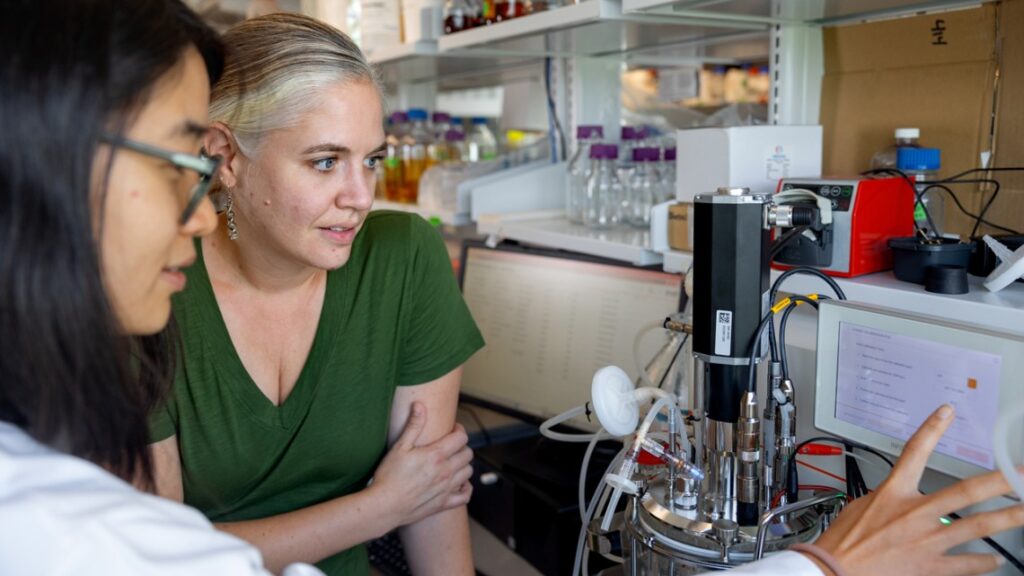This August, I-Corps alumni company REEgen won a $275,000 Small Business Innovation Research (SBIR) award from the NSF to further refine its technology to more sustainably extract rare-earth elements.
Rare-earth elements are essential components in many electronics and renewable energy technologies, but currently most of them are extracted overseas in a costly and environmentally damaging process.
Alexa Schmitz has developed a cleaner process for extracting these elements. Through research in the Barstow Lab at Cornell University, Schmitz and doctoral student Sean Medin engineered microbes to extract and purify rare-earths from minerals and recycled materials without the negative environmental consequences.
Recognizing the breakthrough’s potential to revive the domestic rare-earth industry, the two researchers evaluated the product-market fit of their technology in an NSF I-Corps regional course in 2021. The following summer, they completed the intensive I-Corps Teams national program.
“Before participating in I-Corps, especially the regional program, I hadn’t really realized the extent to which stakeholders in the rare-earth industry could be interested in what we are doing,” Schmitz said. “Witnessing that enthusiasm was a major driver for me to push forward with commercializing our technologies.”
Since 2017, 342 Cornell teams have participated in I-Corps and have gone on to raise more than $60 million in capital and create over 100 new jobs cumulatively.
The program played a pivotal role in Schmitz and Medin’s shift from a researcher’s perspective to a customer-focused mindset.
“We needed to test our hypotheses and avoid assumptions, especially coming at it with our academic backgrounds and perspectives,” Schmitz said.
After I-Corps, Schmitz and Medin launched REEgen, armed with valuable insight into the rare-earth industry.
“While stakeholders in the rare-earth industry expressed enthusiasm for what we were doing, they also made it clear that they weren’t interested in changing their business models unless they knew that it would make their jobs significantly easier, or bring in significantly more money,” Schmitz said. “Without customer discovery, we would have never realized many of the industrial needs and complexities that have since shaped our business model.”
Engagement in I-Corps has already paid off for REEgen — last month, the startup won a $275,000 Small Business Innovation Research (SBIR) award from the NSF to further refine its technology.
Still based in Ithaca, the REEgen team is leveraging several other entrepreneurial resources at Cornell as they build their company. Schmitz has been mentored by Andrea Ippolito, ’06, M.Eng. ’07, founder of baby-feeding support startup SimpliFed and director of W.E. Cornell.
“Alexa has done a phenomenal job of making the transition from researcher to entrepreneur,” Ippolito said. “She has shifted her mindset to utilizing commercialization as a tool for impact and I’m thrilled to see her continue to transform this industry.”
REEgen also licensed its technology through Cornell’s Center for Technology Licensing and currently incubates at the Praxis Center for Venture Development. Schmitz is also a 2022 Activate Fellow.
“The regional I-Corps program was a portal into the entire entrepreneurial ecosystem at Cornell,” Schmitz said. “Through connection with the course teachers, we accessed a network of advisors and mentors who could guide us towards additional programs at Cornell and in Ithaca.”


